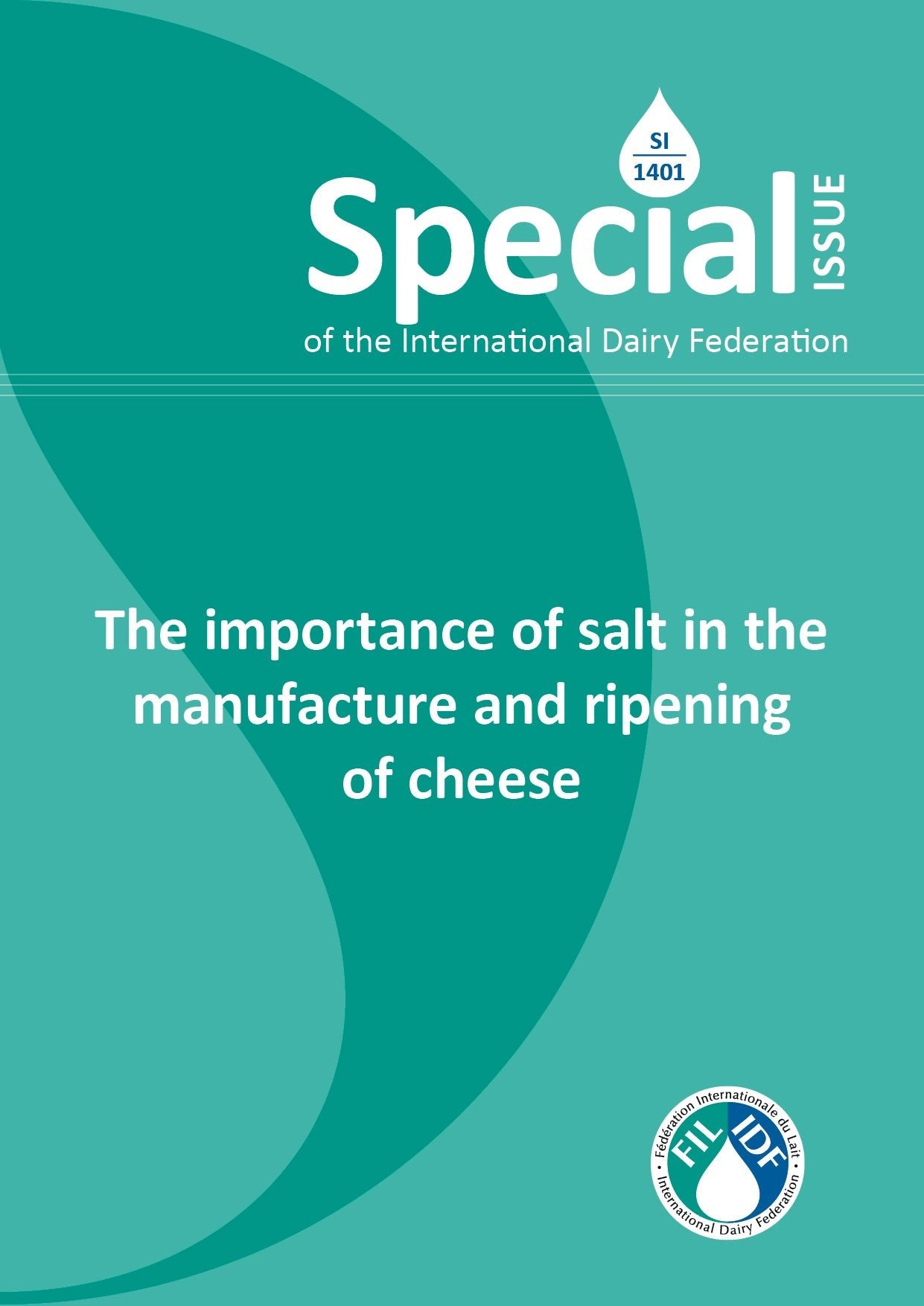Special Issue 1401 - The importance of salt in the manufacture & ripening of cheese
The importance of salt as a crucially important ingredient in the process of cheese-making is examined. During cheese manufacture and ripening, salt plays multiple roles in determining the curd composition, structure and physical characteristics of different cheese varieties, influencing development of flavour and aroma and enhancing food safety by controlling the growth of detrimental microorganisms.
Couldn't load pickup availability
Document info
| pages | 83 |
|---|---|
| published date | 24 March 2014 |
| reference | Special Issue 1401 |
Publication description
Examples are presented not only of the effects of salt on spoilage bacteria and pathogens in cheeses, but also on the effects of salt on the complex processes of cheese ripening and the development of flavour. Recent research is described on the mechanistic effects of salt on cheese characteristics, quality and preservation and on the factors that influence the amount of salt present in various cheese types. An understanding of these processes is crucial in current attempts to reduce the sodium content of cheese. Even small reductions in salt can result in poor cheese quality,noticeable off-flavours andloss of varietal characteristics.Partial substitution of NaCl with KCl seems to be possible at least for some cheese types without significant adverse effects on quality characteristics. The importance of good manufacturing practice in maintainingsalt content within the desired range for a particular cheese variety is discussed.
Keywords: cheese flavour, cheese manufacture, cheese texture, curd composition, importance of NaCl, ripening of cheese, salt content
Also available in French and German


